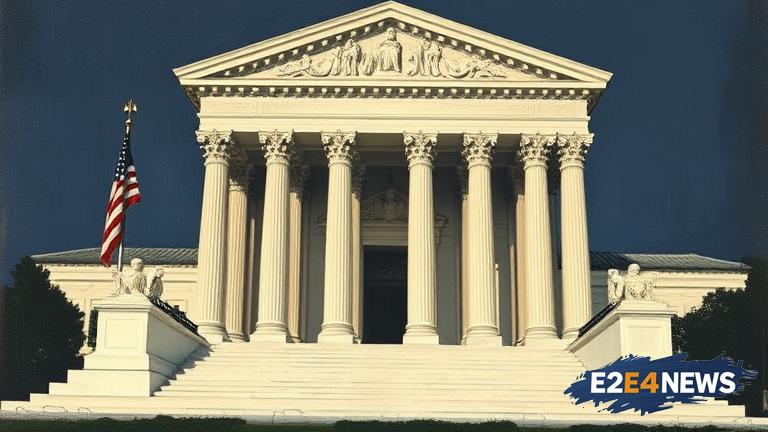The Supreme Court of India is currently hearing a presidential reference that seeks to clarify the extent of governors’ powers to veto bills, including money bills. The reference was made by the President of India, and it has sparked a significant debate on the role of governors in the legislative process. The court is considering whether governors have the power to withhold assent to bills, including money bills, and if so, what are the implications of such a power. The issue has arisen because some governors have been withholding assent to bills passed by state legislatures, citing various reasons. The central government has argued that governors do not have the power to veto money bills, as they are essential for the functioning of the government. On the other hand, some states have argued that governors have the power to withhold assent to bills, including money bills, as a check on the legislative power of the state government. The Supreme Court has heard arguments from both sides and is expected to deliver a verdict soon. The court’s decision will have significant implications for the functioning of state governments and the role of governors in the legislative process. If the court rules that governors have the power to veto money bills, it could lead to a constitutional crisis, as it would give governors significant powers to block the implementation of policies. On the other hand, if the court rules that governors do not have such powers, it would reinforce the primacy of the legislative branch in the policy-making process. The case has also raised questions about the role of the President in the legislative process and the extent to which the President can influence the passage of bills. The Supreme Court’s decision will be closely watched, as it will have significant implications for the functioning of democracy in India. The court’s verdict will also have implications for the relationship between the central government and state governments, as well as the balance of power between the legislative, executive, and judicial branches of government. The case has sparked a significant debate on the role of governors and the President in the legislative process, with some arguing that they have too much power and others arguing that they do not have enough power. The Supreme Court’s decision will provide clarity on the extent of governors’ powers and will have significant implications for the functioning of state governments and the policy-making process. The court’s verdict will also be significant for the development of constitutional law in India, as it will provide guidance on the interpretation of the Constitution and the role of governors and the President in the legislative process. The case has also raised questions about the accountability of governors and the President, as well as the checks and balances that exist in the system to prevent the abuse of power. The Supreme Court’s decision will be closely watched, as it will have significant implications for the functioning of democracy in India and the development of constitutional law. The court’s verdict will provide clarity on the extent of governors’ powers and will have significant implications for the functioning of state governments and the policy-making process. The case has sparked a significant debate on the role of governors and the President in the legislative process, with some arguing that they have too much power and others arguing that they do not have enough power. The Supreme Court’s decision will provide guidance on the interpretation of the Constitution and the role of governors and the President in the legislative process. The court’s verdict will also be significant for the development of constitutional law in India, as it will provide clarity on the extent of governors’ powers and the implications of such powers for the functioning of state governments and the policy-making process.
